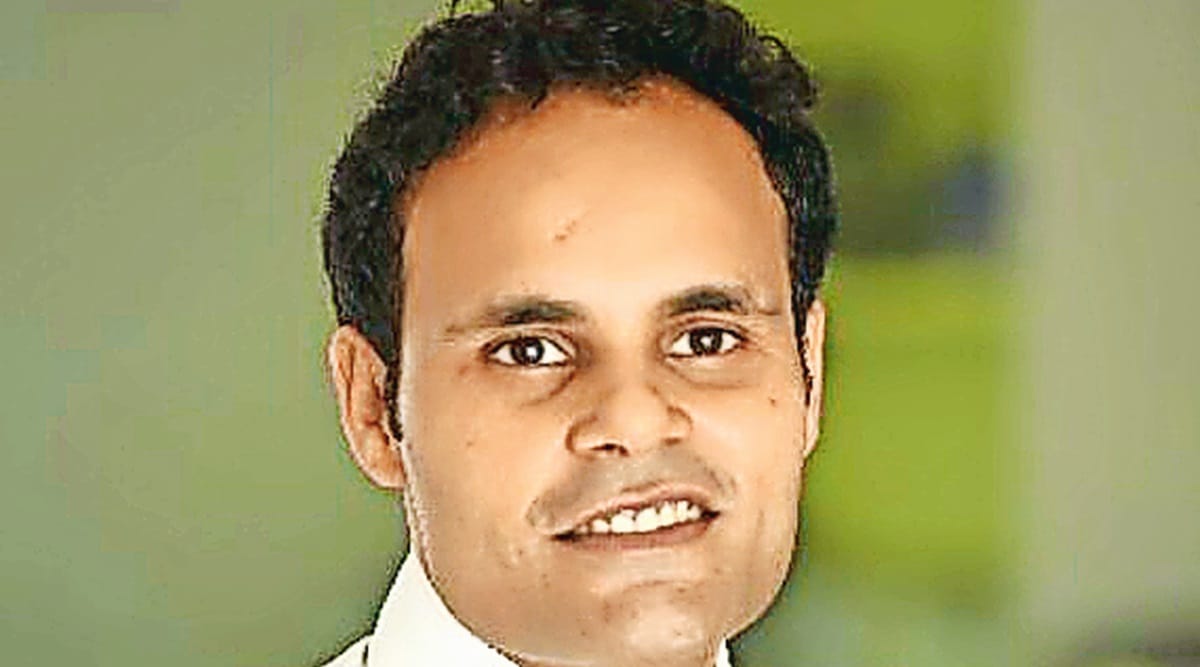
NEW DELHI: In a majority 2:1 verdict, the Supreme Courtroom on Tuesday quashed sure provisions of the UPA period 97th Constitutional modification associated to functioning and efficient administration of co-operative societies for need of ratification by half of the States.
The highest courtroom, nevertheless, held that Half IXB of the Structure, which handled functioning and incorporation of multi-state co-operative societies shall be operative.
It additionally held that for co-operative societies which don’t have any ramifications outdoors the Union territory itself, Half IXB could have no utility.
The 97th constitutional modification, which handled points associated to efficient administration of co-operative societies within the nation was handed by Parliament in December 2011 and had come into impact from February 15, 2012.
The change within the Structure has amended Article 19(1)(c) to protect the cooperatives and inserted Article 43 B and Half IX B, referring to them.
Whereas Article 19(1)(c) ensures freedom to type affiliation or unions or cooperative societies topic to sure restrictions, Article 43 B says that states shall endeavour to advertise voluntary formation, autonomous functioning, democratic management {and professional} administration of cooperative societies.
The Half IXB of the Structure inserted by 97th modification offers with incorporation, phrases of members of board and its workplace bearers and efficient administration of cooperative societies.
In a majority verdict Justices RF Nariman and BR Gavai held, it’s declared that Half IXB of the Structure of India is operative solely in as far as it issues multi-State cooperative societies each inside the varied States and within the Union territories of India.
Within the current case, ratification not having been effected, the Modification is non est it mentioned, including that Article 243ZR of Half IXB makes it clear that every one the provisions of this Half which apply to multi-State co-operative societies would apply topic to the modification shall be construed as a reference to Parliament, Central Act or the Central Authorities respectively.
The bench mentioned that there could be little question that in its utility to multi-State co-operative societies, neither Article 246(3) nor Entry 32 Checklist II of the seventh Schedule can be attracted.
It’s clear, due to this fact, that the Scheme qua multi-State cooperative societies is separate from the Scheme coping with ‘different cooperative societies’, Parliament being empowered, as far as multi-State cooperative societies are involved, and the State legislatures having to make acceptable legal guidelines laying down sure issues as far as ‘different cooperative societies’ are involved, the highest courtroom mentioned.
The bench mentioned that Legal professional Normal KK Venugopal has accurately contended that the impact of Article 246ZR which offers with multi-State co-operative societies are individually handled in a separate sub-chapter contained inside Half IXB.
There isn’t any doubt that after severance what survives can and does stand independently and is workable, the bench mentioned, whereas rejecting the submission of petitioners earlier than the Excessive Courtroom that the consequence of this Courtroom holding that the Structure 97th Modification Act is void for need of ratification would render the complete modification still-born, because of which no a part of the modification can survive.
The bench mentioned, We reiterate that our judgement is confined to the procedural side of Article 368(2) proviso, there being no substantive problem to Half IXB on the bottom that it violates the essential construction doctrine as laid down in Kesavananda Bharati’s case (1973 verdict).
It didn’t agree with the Centre’s submission that 17 out of 28 States had enacted legislations incorporating provisions of Half IXB, which implied accepted the restrictions laid down within the mentioned Half.
This argument needn’t detain us in as a lot because the process laid down in Article 368(2) proviso requires ratification of legislatures of 1 half of the States by resolutions to that impact. This has admittedly not been finished within the current case. When a citizen of India challenges a constitutional modification as being procedurally infirm, it’s the obligation of the courtroom to look at such problem on deserves because the Structure of India is a nationwide constitution of governance affecting individuals, residents and establishments alike, it mentioned.
The highest courtroom mentioned that it’s attention-grabbing to notice that Half IX of the Structure which was inserted by 73rd Modification Act, 1992 and Half IXA inserted by the 74th Modification Act, 1992 made comparable provisions qua Panchayats and Municipalities however they have been despatched for ratification and was ratified by greater than half variety of States.
It upheld the Gujarat Excessive Courtroom 2013 verdict besides to the extent that it strikes down everything of Half IXB of the Structure.
Justice Joseph, in his minority verdict dismissed the Centre’s plea and mentioned he doesn’t concur with majority view taken that the Doctrine of Severability will apply to maintain Article 243ZR and Article 243ZS to the multi-state cooperative societies working within the Union Territories, and that, it will not apply to cooperative societies confined to the territories of the Union Territories.
The Doctrine of Severability should apply on surer foundations. It’s my view that except the provisions which have been discovered unconstitutional, are saved alive, Articles 243R and 243ZQ are plainly unworkable, he mentioned.







